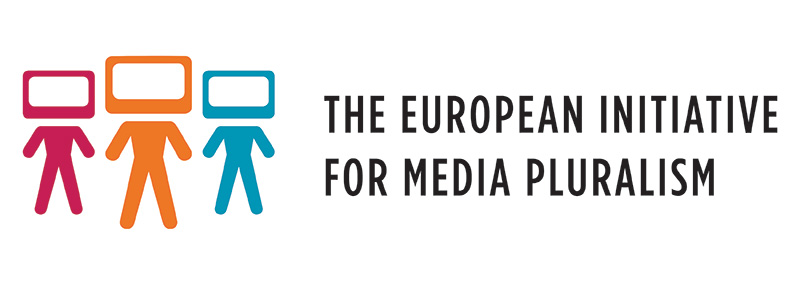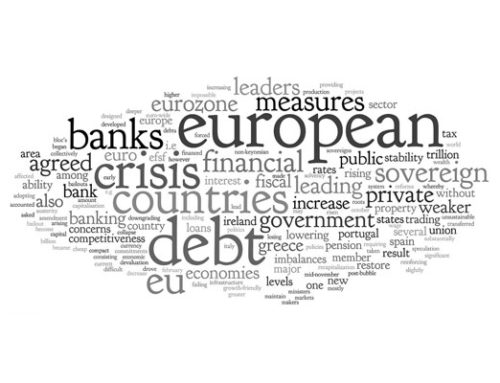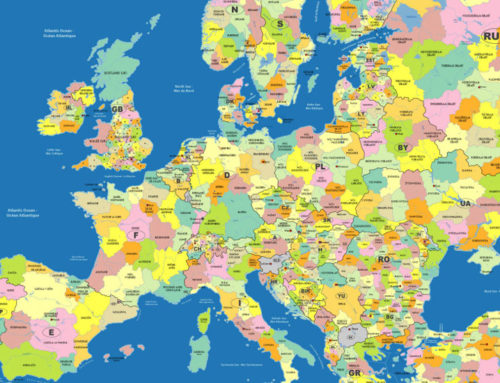A Europe-wide April’s Fool?

After the dramatic failure of the European constitution in 2005, the EU came up with a “Plan-D” for democracy, dialogue and debate, supposed to address the European citizen’s concerns by giving them the floor.
As a result, April first 2012 gave birth to the European Citizens’ Initiative (ECI), a new “democratic” instrument introduced by the Treaty of Lisbon that allows one million EU citizens from at least seven countries to propose new European legislation. Could this be a first step addressing the EU’s so-called “democratic deficit” or will this be another missed opportunity to connect with its citizens?
One example is the European Initiative for Media Pluralism:
Among the present fourteen open Citizen Initiatives on the Commission’s website, one calls for a true media pluralism in Europe. While our continent is often cited as an example throughout the world concerning freedom of the press and open expression, recent developments show how these perceptions can easily be biased.
The world we live in today is indeed one of permanent communication in which the media play a central social, political and economic role. This is why governmental as much as private interests need to be closely monitored if we want to prevent the “imperialistic” temptation on our media landscapes.
“This initiative seems extremely interesting on different levels. Mainly, off course, to preserve and defend the essential pluralism of the media against various lobbies and industrial groups that could influence their content. But it might also allow them to address Europe beyond the limited scope of their national borders” said Isabelle Durant, Vice-President of the European Parliament.
Recently, different EU countries usually priding themselves with leadership in freedom and democracy have raised the concerns of a team of experts mandated by the European Commission.
For instance, the Italian government decided to avoid confronting Silvio Berlusconi’s dominance over the media landscape in spite of an obvious conflict of interest. The same applies to the UK and Rupert Murdoch’s hold on the British media.
In France, François Hollande appointed the new directors of France Télévisions and Radio France regardless of his presidential campaign promises. Experts call this case less concerning because of existing mechanisms in France set to balance this concentration of powers.
These various cases clearly illustrate the influence media exert on the world today.
Nevertheless, at the risk of sounding negative, a closer look at the example displayed here clearly shows how such participative mechanisms can display a democratic “polish” without pledge. What is not clearly stated to the public for instance is the fact that such initiatives can only push the Commission to trigger its usual bureaucratic mechanisms.
The questions remains: will the European Citizens’ Initiatives really be able to trigger the public’s interest or just become the latest showcase example of a pitching Union?
To be continued…




